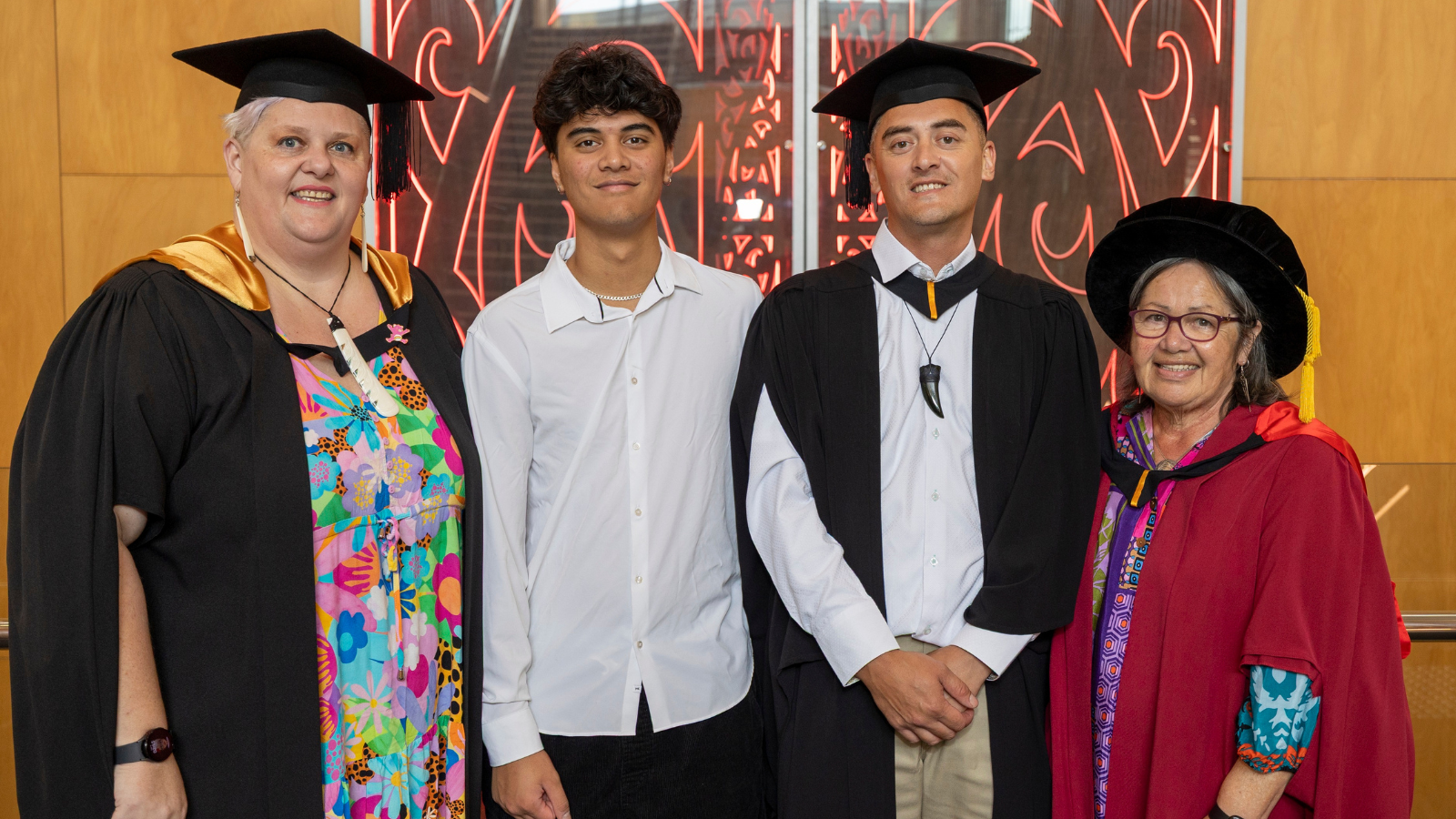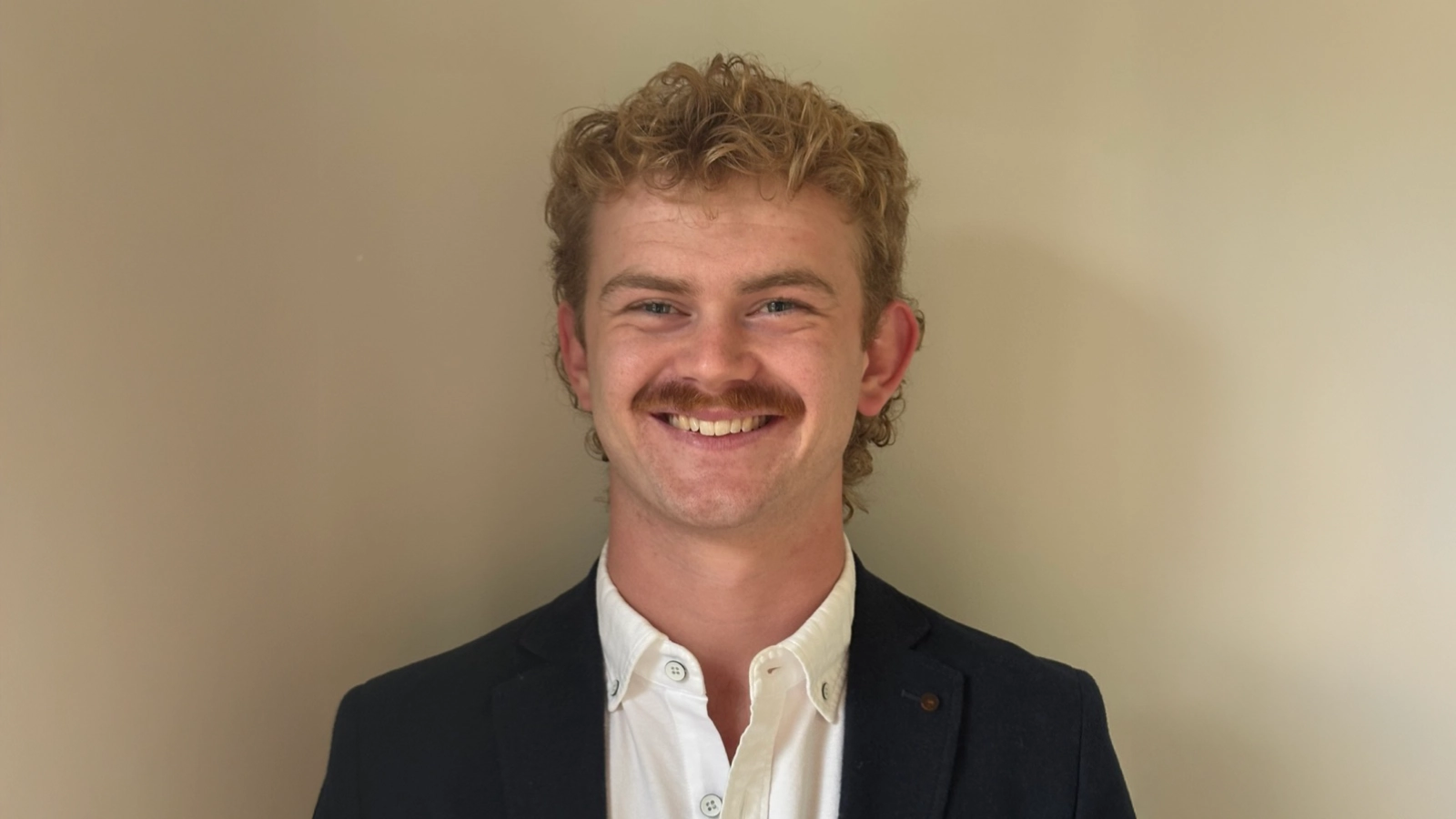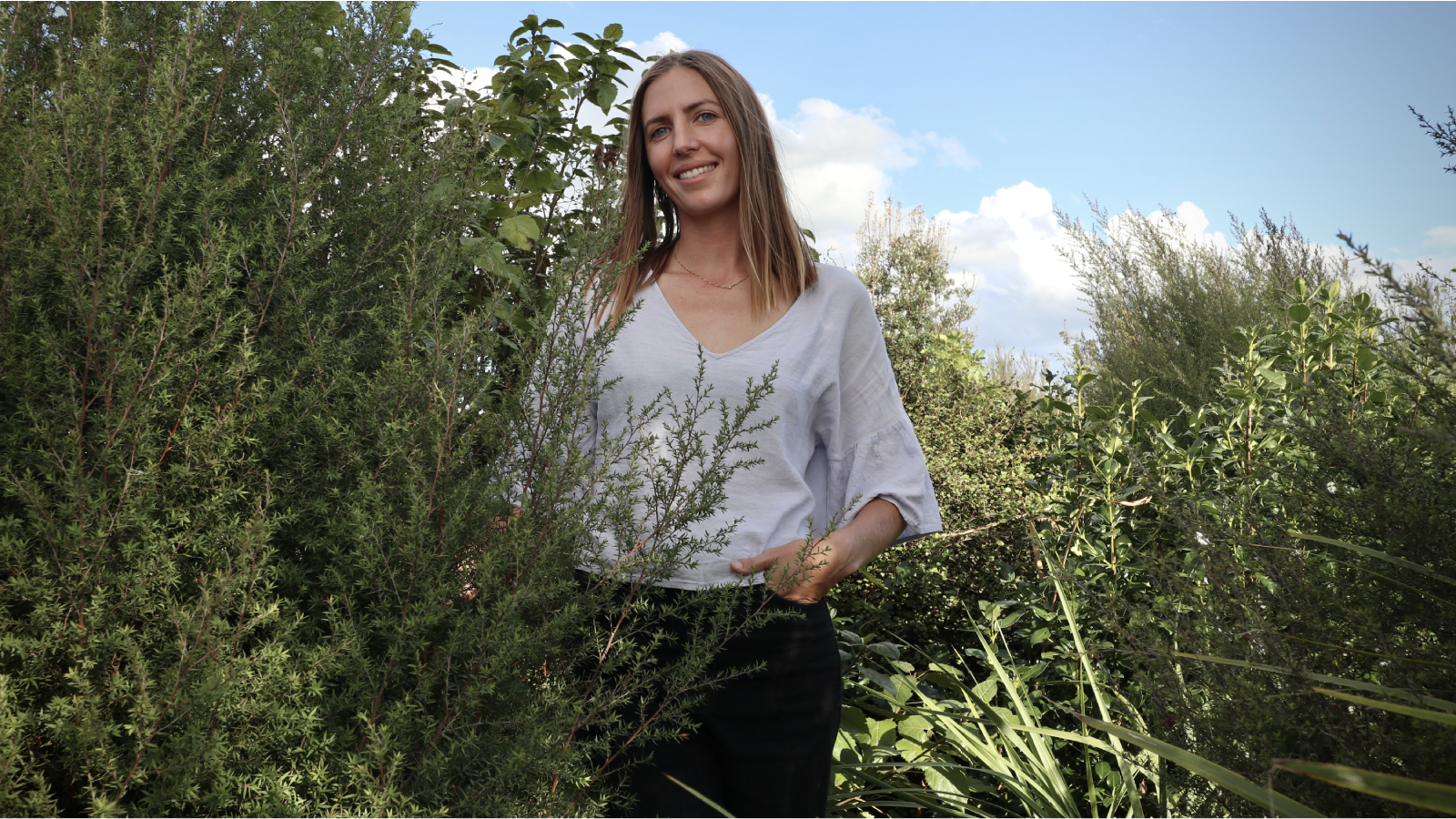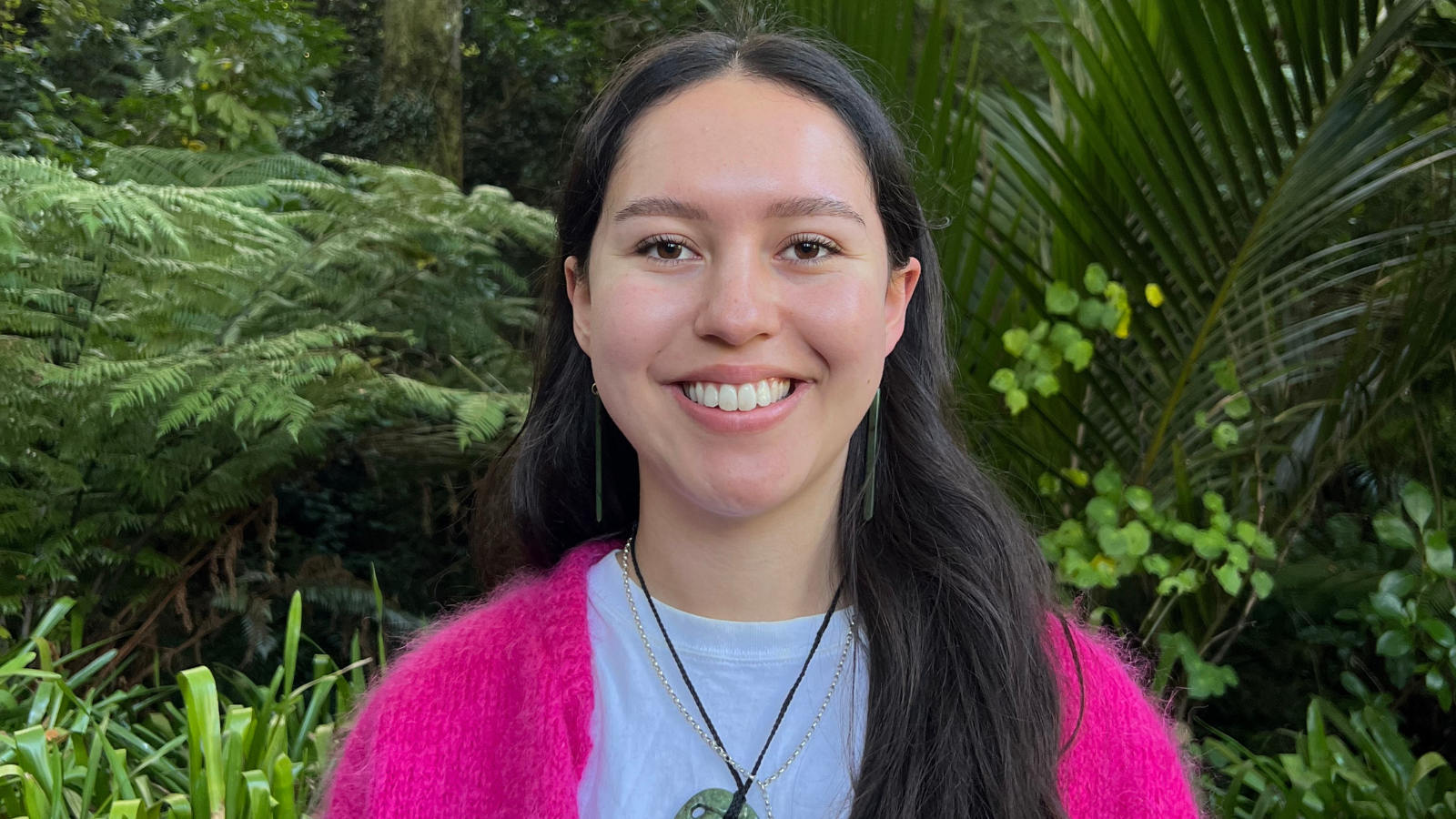Researchers from the University of Waikato’s School of Engineering and School of Computing and Mathematical Science are working with industry partners, growers and other institutions to develop high-tech solutions to challenges facing the horticultural industry.
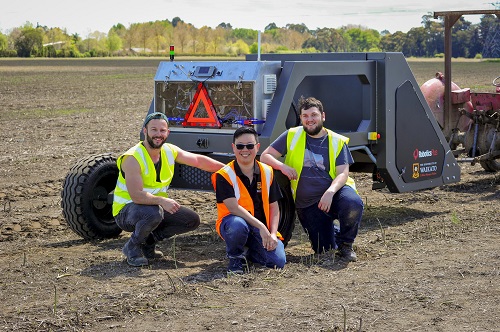
Professor Hin Lim, centre, and team, with their world-first autonomous asparagus harvester
The Covid-19 pandemic has exacerbated skilled labour shortages in many primary industries, with border restrictions leading to a depleted workforce.
Other challenges, including more severe weather events due to climate change and increased regulatory requirements, have put pressure on growers in New Zealand and around the world.
Technology is the solution, and researchers at Waikato have developed agrirobots to support the agricultural industry - with some of them ready for commercialisation.
“New Zealand is considered a world leader in agricultural innovation, and I believe that we can demonstrate that and have an edge using ag robots here at Waikato,” says Dr Shen Hin Lim, Senior Lecturer in Mechatronics and Mechanical Engineering.
Robots developed by Waikato researchers include an autonomous asparagus harvester, a human-assist grape vine pruner, an apple fruitlet thinning robot, a kiwifruit orchard survey robot, and other robots designed to harvest blueberries, apples, rock melons and kiwifruit.
Automating repetitive, labour-intensive tasks offers a sustainable solution to the industry, freeing people up to do other jobs.
“It’s not just that it’s back-breaking work, it’s difficult to find enough workers, and that was even before Covid-19,” says Dr Lim.
Born in Malaysia, Dr Lim studied mechatronics engineering at the University of New South Wales in Sydney, Australia, before joining the University of Waikato in 2015. He is also chair of NZ Robotics Automation and Sensing (NZRAS).
A cut above the rest
Dr Lim and his team are behind the creation of a world-first autonomous asparagus harvester, developed in collaboration with growers, the New Zealand Asparagus Council and Robotics Plus, with the support of the Ministry of Business, Innovation and Employment (MBIE), the Ministry for Primary Industries (MPI) and Callaghan Innovation.
The robot’s vision system detects asparagus spears, computes their base location, and if tall enough to harvest, uses a robotic arm to cut the spear as the robot passes over. The technology also gathers yield data, and has potential add-ons for packing and weeding.
The project recently secured $5.8 million in funding for commercialisation following successful field trials in the USA and New Zealand.
This could be a game-changer for the asparagus industry, where half the cost of producing asparagus is labour, according to the New Zealand Asparagus Council.
Approximately 1,900 tonnes of asparagus is produced each year in New Zealand, valued at around $9.1 million, most consumed domestically.
With fresh asparagus the fastest-growing fresh market vegetable per capita consumption in North America, forecasted to reach US$30 billion by 2027, the opportunity for growers to ramp up production to reach this export market is significant.
A pipeline for tech talent
Waikato University is also the hub for WaiRAS, a group of researchers with skills spanning artificial intelligence, machine learning, computer vision, time-of-flight sensing, non-destructive testing, control and bespoke hardware development.
The number of students entering the mechatronics programme at Waikato has doubled in the past year.
“The programme is building capacity and providing a talent pipeline of researchers with skills in robotics, data analytics and computing who are in-demand in the agricultural industry,” says Professor Mike Duke, the Dr John Gallagher Chair of Engineering at University of Waikato.
Students have the opportunity to develop innovations which have tangible impact, learning from world-leading Waikato researchers. A fourth-year capstone project in 2021 saw students develop a prototype that could detect and pick rockmelons, in response to grower demand.
Grape expectations
Professor Duke is one of the principal investigators on a five-year MBIE-funded transdisciplinary co-design project to support grape growers with the development of the MaaraTech grape vine pruner.
Waikato researchers are collaborating with University of Auckland, University of Canterbury, Lincoln Agritech, University of Otago, Plant & Food Research and Robotics Plus on the project.
The robot uses cameras and sensors to identify and build a 3D model of the grapevine, taking vital measurements before software instructs a mechatronic arm and cutting blade – dubbed “the barracuda” – to manoeuvre and prune the vine at the correct point. Researchers are currently investigating autonomous vehicle navigation in vineyards, before the vine pruner is installed
Pruning grape vines is a time-consuming task, and robotics can assist grape growers and improve productivity.
With 10 major wine producing regions across New Zealand, and approximately 700 growers, technology offers new efficiencies. In 2020, the wine industry contributed $1.92 billion in exports and $500 million in domestic sales to the New Zealand economy.
Partnering with industry
Nick Pickering, a systems engineering lecturer, is another educator at Waikato inspiring the next generation.
Originally from the UK, with more than 20 years’ experience across engineering, avionics, digital technology and agritech, Mr Pickering teaches design-led thinking, product innovation and development papers at Waikato.
A partnership with international kiwifruit marketer Zespri has seen the co-design and development of a number of innovations, including an autonomous orchard survey robot, an orchard digital twin and a new programme focussing on human-assisted kiwifruit harvesting.
“Robotics, sensing and digital twins show great potential to add value across a complex horticulture system balancing people, plant productivity and the environment. Working closely with industry and end users in a human-centred design approach is enabling us to iterate quickly towards feasible, viable and desirable products,” says Mr Picking.
The works ties into the United Nations Sustainable Development Goal of zero hunger by promoting sustainable, resilient agricultural practices and investment in agricultural investment and technology; decent work and economic growth including focusing on higher levels of technological innovation in high-value added and labour-intensive sectors; industry, innovation and infrastructure through upgrading technical capabilities of industry and encouraging innovation.

